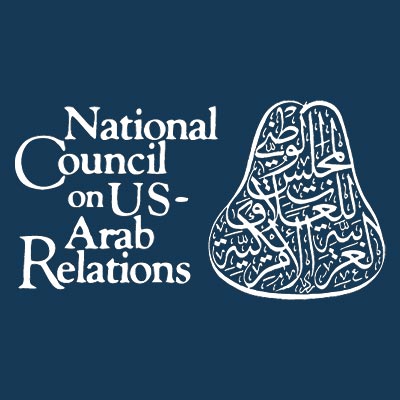Prince Turki on Saudi Arabia’s Role after Arab Awakening
Source: Belfer Center for Science and International Affairs (Read full story)
Prince Turki Al Faisal of Saudi Arabia, chairman of the King Faisal Center for Research & Islamic Studies, delivered an address at the Harvard Kennedy School titled Saudi Arabia’s New Foreign Policy Doctrine in the aftermath of the Arab Awakening. The talk on April 25, 2013 was the culmination of a daylong workshop on Saudi Arabia hosted by the school’s Middle East Initiative in the Belfer Center for Science and International Affairs.
…
Arab world education starts at the very roots
Source: The National (Read full story)
…
More than a third of the Arab population is now below the age of 15. With youth unemployment at 25 per cent, the risk is that a lack of opportunity will fuel instability and alienation instead. Finding productive and creative outlets for the aspirations of young Arabs is one of the most crucial long-term security challenges we face today. Major efforts have been made to improve educational outcomes with considerable success. Literacy rates, especially among the young, have increased substantially and often stand in comparison with some of the best-performing countries in the world.
…
Boeing rolls out Saudi’s new F-15 variant
Source: Arabian Aerospace Online News Service (Read full story)
…
Boeing established many of the offset companies in Saudi Arabia, including Alsalam Aircraft Company, in which Boeing currently holds the largest stake. Boeing also co-founded Alfaisal University, the first private university in Saudi Arabia, as well as the King Abdullah University of Science and Technology Industrial Collaboration Program. Boeing is also developing educational and training projects with the King Abdulaziz City for Science & Technology and the Technical & Vocational Training Corporation.
…
UAE and Japan sign civil nuclear agreement
Source: Khaleej Times (Read full story)
…
The Japanese premier, who first visited six years ago, arrived in the capital on Wednesday evening from Riyadh. He called on General Shaikh Mohammed bin Zayed Al Nahyan, Crown Prince of Abu Dhabi and the Deputy Supreme Commander of the UAE Armed Forces, to review the political and economic cooperation between Japan and Abu Dhabi. The Japanese leader suggested UAE leadership make the bilateral relationship more comprehensive to reflect the strong economic cooperation that exists between the two nations.
…
Focus on ‘Asianisation’ in GCC at QU seminar
Source: Gulf Times (Read full story)
…
What else does that labour and expertise source flow entail for the GCC?
Labour has brought with it socio-cultural habits: the celebration of the Chinese new year in the Gulf, marking of Diwali across the GCC countries, a growing interest in traditional Asian customs and the popular Hindu celebration of Holi. According to Ehteshami, with domestic maids from the Philippines and India being found in the majority of GCC Arab homes, a loss of native culture has been observed among the new generation. By the time a child is 7-8 years old, s/he will know English as well as common terms and slang in Hindi and Filipino, besides identifying with cultures, religions and traditions that are not their own.…
Unemployment a time-bomb
Source: Kuwait Times (Read full story)
The officials said that out of the 19,500 Kuwaitis listed as unemployed, there are 5,100 females aged 40 and above and 8,751 holding intermediate degrees and lower. MPs however expressed reservations at the government measures regarding unemployment. MP Nasser Al-Marri said Kuwait government needs around 9,000 jobs annually and the number of jobs available in the private sector every year is 109,000 but the private sector has fired 1,750 Kuwaitis. MP Ahmad Lari said the government has not answered several questions about unemployment especially why Kuwaitis seek jobs in the public sector and shun private jobs.
…

